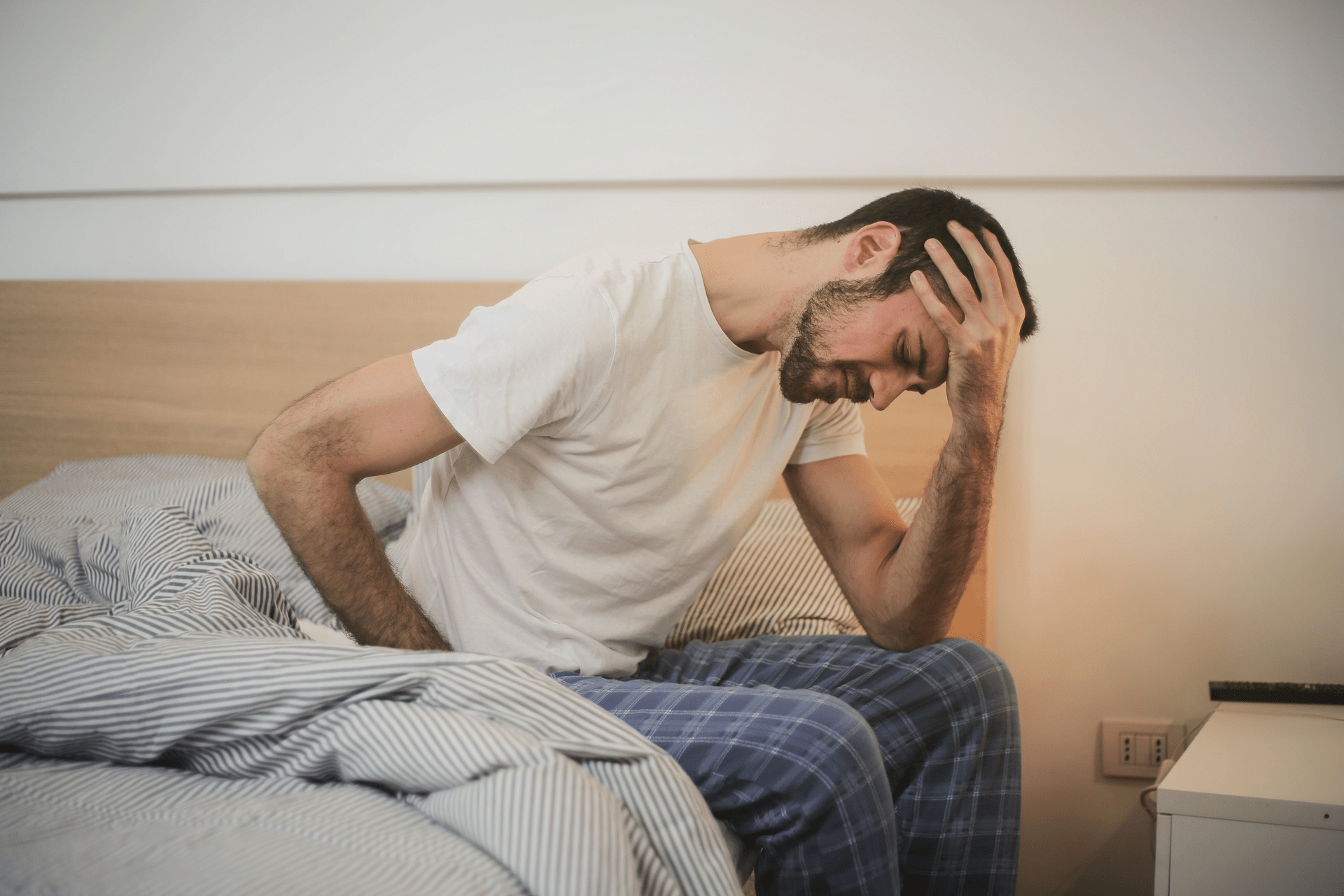Do you wake up in the morning with nagging back pain? Does it take a while for the discomfort to subside as you start your day? If so, your body may be trying to tell you something. Morning back pain can be a common and perplexing issue, but understanding its potential causes and solutions can help you start your day pain-free.
Common causes of morning back pain
One of the most common causes of morning back pain is poor sleeping posture. When you sleep in an awkward position, it can strain your back muscles and ligaments, leading to discomfort upon waking up. The spine is naturally curved, and sleeping in positions that disrupt this natural alignment can put undue stress on your back.
Another possible culprit of morning back pain is an unsupportive mattress or pillow. If your mattress is too soft, too firm, or old and worn out, it can fail to provide adequate support to your spine during the night, leading to pain in the morning. Similarly, an improper pillow can also affect the alignment of your neck and spine, causing discomfort upon waking up.
In addition to sleeping posture and mattress/pillow quality, other factors such as stress and tension can also contribute to morning back pain. When you’re stressed, your body tends to tense up, including your back muscles. This prolonged muscle tension can result in muscle soreness and stiffness in the morning.
So, what can you do to alleviate morning back pain and start your day on the right foot? Here are some tips:
- Pay attention to your sleeping posture: Try to sleep in a position that maintains the natural curve of your spine, such as on your back with a pillow under your knees or on your side with a pillow between your knees. Avoid sleeping on your stomach as it can strain your back.
- Invest in a supportive mattress and pillow: Choose a mattress that provides adequate support to your back and promotes proper spinal alignment. A medium-firm mattress is usually recommended for most people. Also, use a pillow that supports the natural curve of your neck and keeps your spine in alignment.
- Manage stress: Find healthy ways to manage stress, such as exercise, relaxation techniques, or talking to a therapist. Regular exercise can also help strengthen your back muscles and improve your overall posture.
- Practice good sleep hygiene: Establish a regular sleep schedule, create a relaxing bedtime routine, and avoid stimulating activities before bedtime. Keep your bedroom cool, dark, and comfortable to promote restful sleep.
- Consider seeking professional help: If your morning back pain persists despite making changes to your sleeping posture, mattress/pillow, stress management, and sleep hygiene, it may be a good idea to consult a healthcare provider. They can evaluate your condition, perform any necessary tests or imaging, and provide personalized treatment recommendations.
In conclusion, morning back pain can be a frustrating and uncomfortable experience. However, by paying attention to your sleeping posture, investing in a supportive mattress and pillow, managing stress, practicing good sleep hygiene, and seeking professional help if needed, you can take steps to alleviate morning back pain and start your day with less discomfort.
References:
- Mayo Clinic. (2019). Back pain: Diagnosis & treatment. Retrieved from https://www.mayoclinic.org/diseases-conditions/back-pain/diagnosis-treatment/drc-20369911
- American Academy of Orthopaedic Surgeons. (2016). Low back pain. Retrieved from https://orthoinfo.aaos.org/en/diseases–conditions/low-back-pain/
- National Institute of Neurological Disorders and Stroke. (2020). Low back pain fact sheet. Retrieved from https://www.ninds.nih.gov/Disorders/Patient-Caregiver-Education/Fact-Sheets/Low-Back-Pain-Fact-Sheet
- National Sleep Foundation. (n.d.). How to choose a mattress. Retrieved from https://www.sleepfoundation.org/how-to-sleep/how-to-choose-a-mattress
- American Chiropractic Association. (n.d.). Good posture. Retrieved from https://acatoday.org/content/posture-power-how-to-correct-your-body-alignment
- Mayo Clinic. (2018). Exercise: 7 benefits of regular physical activity. Retrieved from https://www.mayoclinic.org/healthy-lifestyle/fitness/in-depth/exercise/art-20048389







Leave A Comment